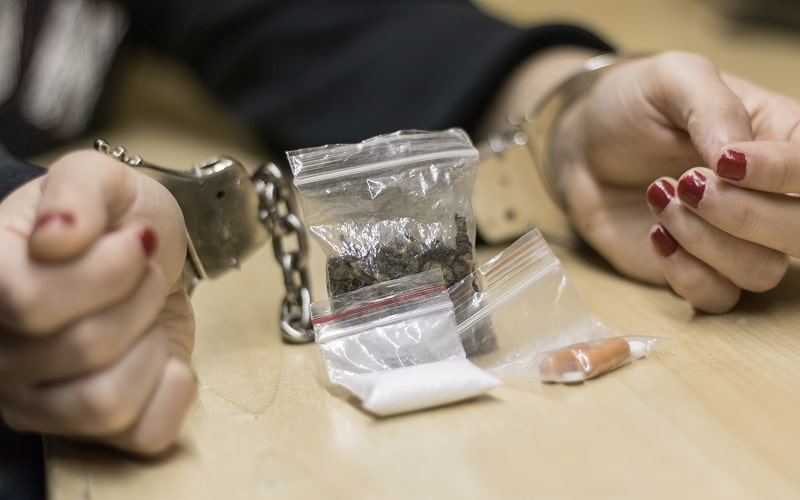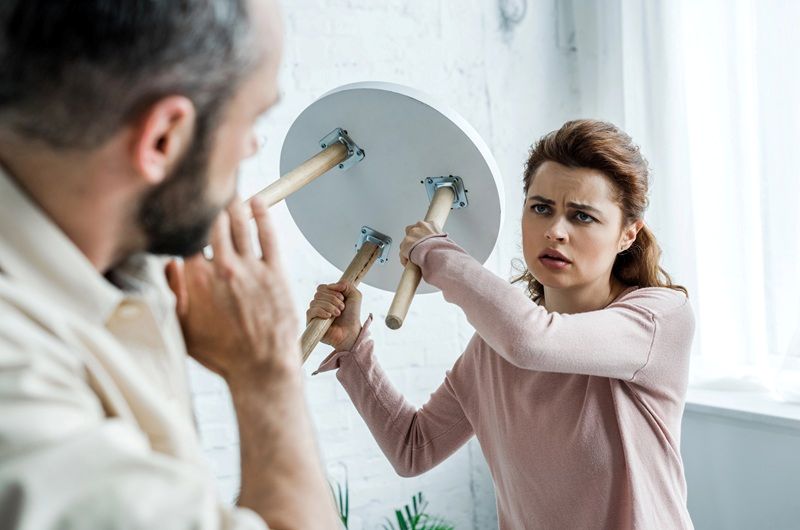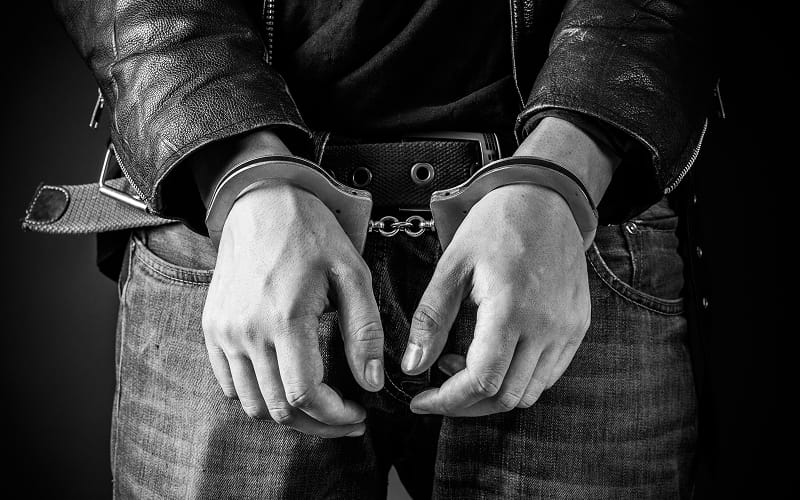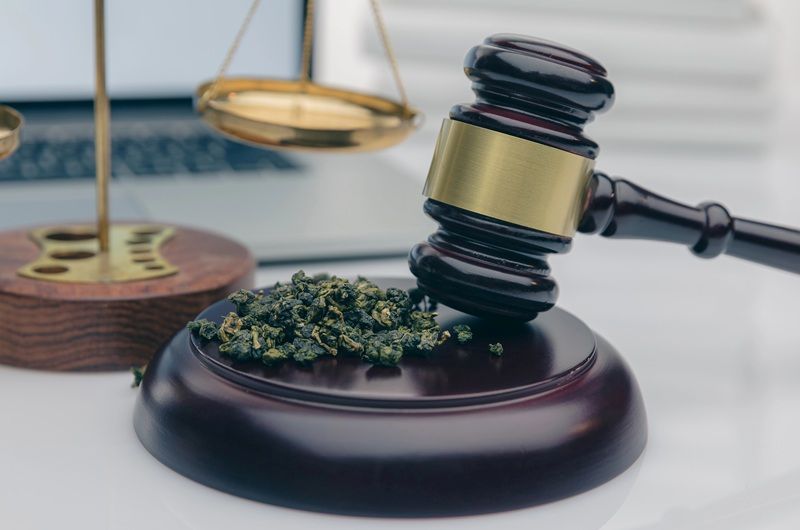Underage drug possession charges in Fairfax County can lead to serious consequences, including fines, license suspensions, and a criminal record. These penalties can affect education, jobs, and future opportunities. Virginia law is strict, and navigating the legal system can be challenging. Taking the proper steps at the start, such as getting legal help, can protect your rights and future.
This article explains underage drug possession laws, possible penalties, and defense options. It gives insight into what to expect in court, how a defense attorney can help, and how to handle these charges effectively.

Understanding Underage Drug Possession Laws In Virginia
In Virginia, drug possession means having a controlled substance without a valid prescription. It applies to anyone under 21, including those with illegal drugs or unauthorized prescription medications. The state categorizes drugs into schedules, with Schedule I and II carrying harsh penalties.
Virginia enforces strict laws to deter youth drug use and applies the same legal consequences to both minors and young adults under 21. Possession is not limited to having a substance on one’s person. If a drug is in an area under an individual’s control, such as a vehicle or bedroom, they may still face charges.
The law requires clear evidence that the individual knew the substance and its illegal status. Therefore, if someone unknowingly possessed it or was unaware of its illegality, they may have a legitimate defense against any criminal charges related to possession.
A clear understanding of these laws is vital for anyone facing underage drug possession charges. Knowing what qualifies as possession and which substances are classified as controlled can help individuals navigate the legal process more effectively.
Recognizing how Virginia law defines underage drug possession is only the first step. It’s equally important to understand the potential penalties associated with a conviction. These consequences can affect education, employment, and future opportunities.
Knowing The Potential Penalties & Consequences
Underage drug possession offenders in Virginia face a range of penalties. These can include fines up to $500, mandatory participation in a drug education program, and suspension of driving privileges for six months. In some cases, the court may order probation or community service.
Incarceration is possible for more severe offenses or repeat violations, with jail terms varying based on the substance’s classification and quantity. A conviction can have long-term consequences beyond legal penalties. A drug-related offense on one’s record can hinder educational opportunities, as many colleges conduct background checks during admissions.
Employment prospects may also be affected, with employers hesitant to hire individuals with drug convictions. Additionally, the loss of driving privileges can impact daily life, making commuting to school or work challenging. The social stigma associated with a drug conviction can strain personal relationships and affect one’s reputation within the community.
It is vital to recognize that these consequences extend beyond the individual, potentially impacting their family and future. However, legal options exist to challenge the charges. Understanding possible defense strategies can help individuals protect their rights and work toward a better outcome.
Crafting Defenses Against Underage Drug Possession
Underage drug possession charges in Virginia carry serious legal consequences, including fines, license suspension, and potential criminal records. These penalties can affect educational and career opportunities, making it vital for individuals and their families to understand possible defense strategies.
Illegal Search & Seizure
Law enforcement must follow strict procedures when conducting searches. If an officer conducts an unlawful search without probable cause or a valid warrant, any evidence obtained may be inadmissible in court. It can significantly weaken the prosecution’s case.
Lack Of Knowledge
A key element in drug possession cases is proving that the accused knowingly possessed a controlled substance. If the individual was unaware of the presence of the drug or did not realize it was illegal, a defense attorney could use this to challenge the charges. For example, if someone unknowingly borrowed a bag containing drugs, they may not be legally responsible.
Lack Of Possession Or Control
Another defense is proving that the drugs did not belong to the accused or that they had no control over them. If the substance was found in a shared space, such as a car or a house, the prosecution must prove beyond a reasonable doubt that the individual had actual possession or control over the drug.
Entrapment
Entrapment occurs when law enforcement persuades or coerces someone into committing a crime they would not have otherwise committed. While less common, this defense may be applicable if an undercover officer or informant pressured the accused into possessing drugs.
Proving entrapment requires showing that the individual had no prior intent to commit the offense and was induced by law enforcement’s actions. While the consequences of an underage drug possession charge can be serious, there are ways to challenge the accusations.
Understanding the legal defenses available can help individuals protect their rights and fight for a better outcome.
Comprehending The Stages Of The Process
The legal process involves multiple stages, from arrest to potential sentencing, each carrying profound implications. Understanding what to expect can help individuals and their families navigate the system more effectively and make informed decisions.
Arrest & Arraignment
The legal process begins with an arrest, during which law enforcement records the charges. The individual may be released or held until arraignment when the court formally presents the charges. At this stage, the accused must enter a plea of guilty, not guilty, or no contest, setting the course for the case.
Pre-Trial Proceedings & Plea Negotiations
Before trial, hearings may determine whether evidence is admissible. The defense and prosecution might negotiate a plea deal, potentially reducing charges or leading to alternative sentencing like probation or a diversion program. Early legal guidance can help secure better outcomes.
Trial & Sentencing

If no plea deal is reached, the case proceeds to trial. Both sides present evidence, question witnesses, and argue their case before a judge or jury decides the verdict. If convicted, sentencing follows, with penalties ranging from fines and probation to mandatory drug education programs.
Juvenile Vs. Adult Court Considerations
Most underage cases go to juvenile court, focusing on rehabilitation rather than punishment. However, severe offenses may be transferred to adult court, where penalties are stricter. Understanding these differences helps in preparing for possible outcomes.
Each stage of the legal process carries significant implications, so making timely and informed decisions is essential. Understanding what to expect allows individuals and their families to navigate the system more confidently and work toward a favorable outcome.
Additionally, seeking legal guidance at the start can make a substantial difference in the outcome of an underage drug possession case.
Getting The Help Of A Criminal Defense Attorney
A skilled criminal defense attorney is invaluable when facing underage drug possession charges. They provide legal guidance, help clients through the complex legal system, and advocate for them. An attorney can scrutinize the evidence, identify weaknesses in the prosecution’s case, and develop a robust defense strategy.
Moreover, attorneys can negotiate with prosecutors to seek reduced charges or alternative sentencing options, such as diversion programs focusing on rehabilitation rather than punishment. These programs can help individuals avoid a permanent criminal record and provide education on substance use prevention.
Additionally, an attorney can challenge procedural errors or constitutional violations, potentially leading to case dismissals or reduced penalties. Having an experienced legal representative can increase the chances of a favorable outcome. An attorney protects the client’s rights throughout the legal process.
An attorney provides guidance and representation to help individuals and their families make informed decisions about their cases. Legal support is essential for securing a favorable resolution.
Partnering With Fairfax County Criminal Attorneys
At Fairfax County Criminal Attorneys, we understand how overwhelming an underage drug possession charge can be. Our experienced criminal defense attorneys are committed to protecting our clients’ futures and providing strategic legal solutions. We fight aggressively to challenge the prosecution’s case and seek a suitable outcome.
Our approach focuses on personalized defense strategies tailored to each client’s unique situation. We analyze every detail, from the legality of the search and seizure to potential constitutional rights violations. We negotiate for case dismissals, reduced charges, or diversion programs if possible.
We prioritize communication and transparency, keeping clients and their families informed at every stage of the legal process. We aim to minimize the long-term consequences of a drug charge and protect educational and employment opportunities. We are dedicated to advocating for second chances and fair outcomes.
If you or a loved one is facing an underage drug possession charge in Fairfax County, we are here to help. Let us guide you through the legal system and fight for your rights. Your future matters, and we are ready to defend it.
Underage drug possession charges in Fairfax County carry serious legal and personal consequences. Understanding Virginia’s laws, potential penalties, and legal defenses is vital. Having a skilled attorney can improve the outcome.
The Irving Law Firm is committed to protecting clients’ rights and futures.
If you or a loved one is facing these charges, seeking legal representation at the start is essential. Don’t navigate this challenge alone—get the support and advocacy you deserve. Your future is worth fighting for.




